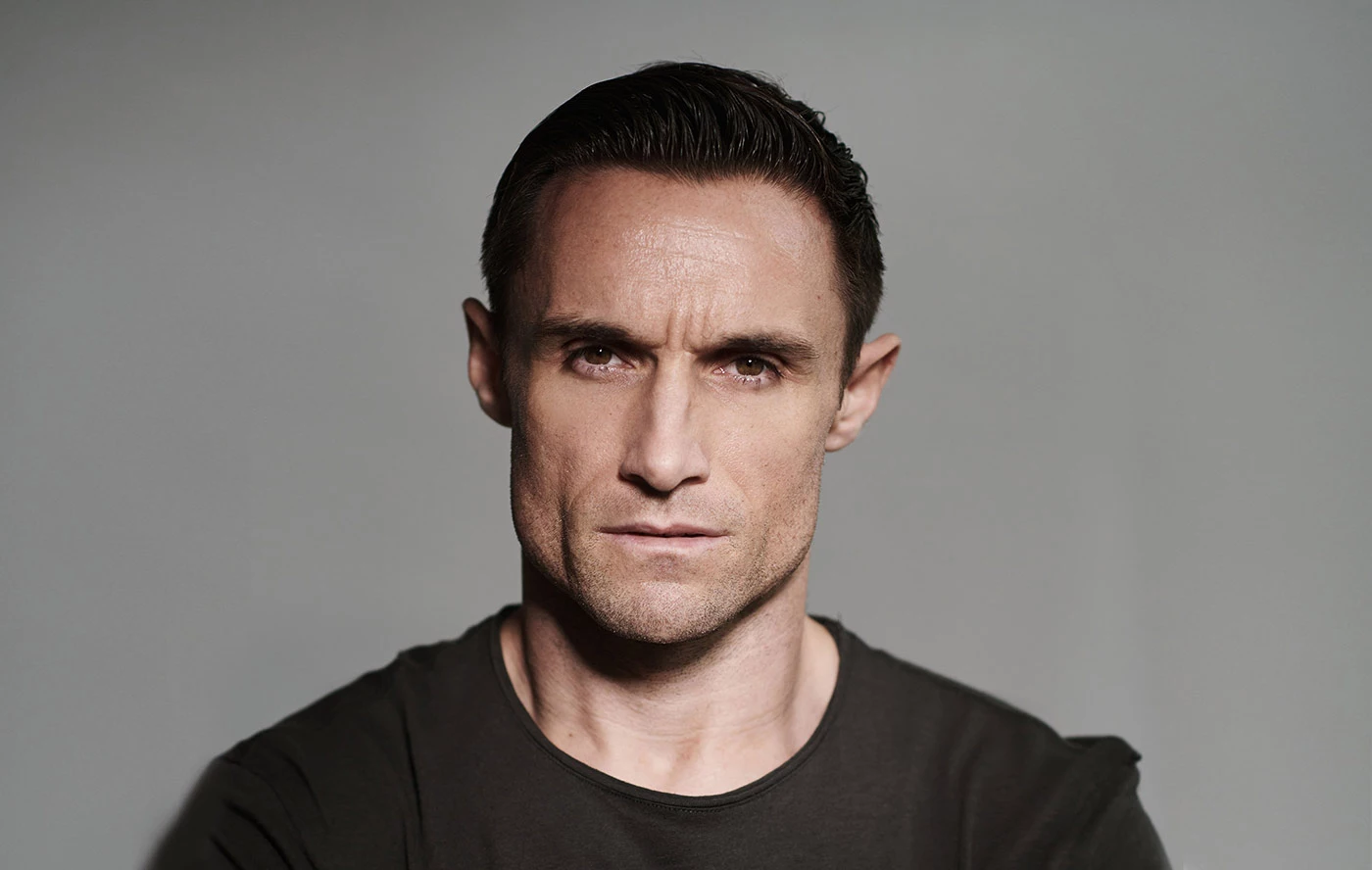Have you ever found yourself locked in a cycle of dieting, achieving short-term weight loss, only to rebound and regain all you’ve lost? Or maybe even a little more? It’s an all too common narrative, one that happens to many who are seeking to drop body fat, attain the best body transformations, and improve overall health. The culprit? Traditional diet plans with their rigid one-size-fits-all approach.
John, a father of four, was one such casualty of the dieting world. He shares, “I’ve always been a regular at the gym, but my diet was something I neglected. Observing a friend’s body transformation under the guidance of Kirk Miller became the wake-up call I needed to rethink my health approach.” Stories like John’s form the backbone of the movement we aim to ignite within my Built to Last community. We advocate for a paradigm shift away from the restrictive diet mentality towards an embrace of a flexible, adaptive eating system.
The Adaptive Eating System: Customising Nutrition for Lasting Health
John’s experience underlines the necessity of personalisation in dietary habits, “Having Kirk, his Team & the Built To Last Community there meant I wasn’t alone, and I finally felt in full control.” Instead of adhering to a restrictive diet, we designed a flexible system that tailored nutrition to his lifestyle and unique needs.
When we talk about the ‘best diet plans’, we often forget that these must be individual-specific. You’re unique, and your diet should be too. Your metabolic rate, physical activity, genetic factors, and life circumstances all play a part in determining your nutritional needs. An adaptive eating system is essentially about tailoring your food intake to align with these needs and objectives. Whether your goal is to drop body fat, increase muscle mass, or maintain a healthy weight, a bespoke, adaptive eating system offers a sustainable route to success.
Flexibility and Mindful Eating: Creating Sustainable Habits for Longevity
The journey to lasting health involves more than just the food on your plate. It requires a fundamental shift in your relationship with food, one that encourages flexibility and mindfulness. What does this look like in practice? It’s about nourishing your body with a variety of foods, not punishing it with rigid diet rules. It’s learning to listen to your body’s hunger and fullness cues, rather than adhering to strict meal times.
Mindful eating is a crucial part of this process. This practice invites you to fully engage in the eating experience, to savor each bite, to appreciate the textures, the flavors, and the nourishment it provides. It encourages a slowing down, a pause in the rush of daily life.
Here are a few tips to help you embrace mindful eating:
- Take time to eat: Rushed meals often lead to overeating. Make sure to allocate enough time for your meals so you can eat without rush or distraction.
- Listen to your body’s signals: Pay attention to your hunger and satiety cues. Try to eat when you’re truly hungry, not just when the clock says it’s mealtime.
- Appreciate your food: Before you begin eating, take a moment to appreciate the food in front of you. Consider the effort it took to prepare and how it nourishes your body.
- Savor each bite: Eat slowly and chew your food thoroughly. Try to identify the different flavors and textures in your mouth.
- Check in with yourself during the meal: Halfway through your meal, ask yourself how full you are. This simple check-in can prevent overeating and encourage satisfaction.
By practicing these mindful eating strategies, you can develop a more positive, sustainable relationship with food—one that respects your body’s unique needs and contributes to long-term health and wellness.
Beyond Physical Health: The Holistic Impact of Sustainable Eating
The benefits of an adaptive eating system extend far beyond physical health and fat loss transformations. There is a profound connection between our eating habits, mental well-being, relationships, and productivity. After John adopted his new eating lifestyle, he experienced a positive shift in his personal and professional life. He states, “I’ve got more patience, more tolerance, and more energy for work.”
Nutrition, when approached mindfully, does more than just fuel our bodies. It fuels our minds, fosters emotional balance, and can even improve interpersonal relationships. Struggling with food cravings or the guilt and frustration of dietary slip-ups can create unnecessary stress. A sustainable, adaptive eating system eradicates these issues, allowing you to perform at your peak in all aspects of life.
Embrace a Lifestyle Transformation
In conclusion, transitioning away from traditional diet plans to an adaptive eating system empowers you to take control of your health and achieve your fitness goals sustainably. John’s story attests to the life-changing potential of this approach. At 60 years old, he’s in the best shape of his life, viewing his current state as just the start of his health journey.
The pursuit of health doesn’t have to be a daunting, uphill battle filled with dietary restrictions and constant setbacks. It can be an empowering journey of self-discovery, personal growth, and lasting transformation. If you, like John, want to take that first step towards change, reach out. As I was there for John, I am here for you.
Always remember, it’s never too late to start. Your health transformation journey can begin today.
What’s Next?
- You can take a look at how some of my guys have curated their best body transformations here >
- Looking for some new cardio workouts to add to your sessions? Take a look at my Cardio Bucketlist >




